Sony to open its first new smartphone factory in 20 years, selling off mobile business clearly not in the plans

Despite being stuck with a small market share as it struggles to drive profits, Sony Mobile is adamant about fighting to stay alive in the business. Perhaps a little background is in order, so there you go — by the end of the company's first fiscal quarter, June 30, Sony Mobile suffered an operating loss of $188 million and revenue decline by 16.3%, caused by "significant decrease in smartphone unit sales", among other problems. Sony actually considered the option of selling its unprofitable mobile business, like it did with the VAIO line of laptops.
But, following the storm of "Sony Mobile may call it quits" headlines, CEO Hiroki Totoki affirmed that Sony Mobile won't ever sell or exit the current mobile business, which is very much what fans of Xperia handsets wanted to hear. Yet, nothing says "yeah, we're doing this!" like opening up the company's first smartphone factory in 20 years!
Asian business publication Nikkei reports that Sony is investing "several billion yen" in equipping an existing site in the Pathum Thani province, Thailand, with an end-to-end production system covering chip mounting through assembly. Its gears will be set in motion in fiscal 2016, with initial output set to reach several million units a year.
The last time Sony built a mobile communications factory was in 1995 in Beijing, China, with Sony owning a 51% share and the reast spread between three local partners. The new Thai factory is fully owned by Sony, which will allow for faster decision making.
While Sony will be enjoying its new stronghold in Thailand, competitor HTC sold off its smartphone factory in Shanghai this year. The site was built in 2009, costing about $32.2 million. The factory, which has a working area of around 147 square meters, used to operate at double capacity back in 2010, when HTC was riding a wave of success. It went on to be acquired by an undisclosed Chinese manufacturer.
Hopefully, Sony will also consider upping its marketing efforts. Although the company does enjoy the kind of brand recognition its rivals Samsung, LG, and Apple boast, thanks to its historical presence in the consumer technology sector, not that many of the folks that know about Sony TVs and Walkman players also know about its Xperia smartphones. With the kind of entertainment assets the company owns, one would expect Sony to leverage movie and music content exclusivity, while spending more on advertising in general, to propel its smartphones futher into the market.
source: Nikkei via Xperia Blog
Nothing says "yeah, we're doing this!" like opening up a new smartphone factory!
The last time Sony built a mobile communications factory was in 1995 in Beijing, China, with Sony owning a 51% share and the reast spread between three local partners. The new Thai factory is fully owned by Sony, which will allow for faster decision making.
Hopefully, Sony will also consider upping its marketing efforts. Although the company does enjoy the kind of brand recognition its rivals Samsung, LG, and Apple boast, thanks to its historical presence in the consumer technology sector, not that many of the folks that know about Sony TVs and Walkman players also know about its Xperia smartphones. With the kind of entertainment assets the company owns, one would expect Sony to leverage movie and music content exclusivity, while spending more on advertising in general, to propel its smartphones futher into the market.
Yet, as many as five generations of Xperia Z smartphones later, Sony still has weak ties with US carriers other than T-Mobile, and mostly limits its advertising to television campaigns. While having secured the Japanese market and having an audible presence in the United Kingdom, Sony Mobile still has much work ahead in establishing the Xperia brand globally. What's clear is that the company isn't giving up on its ambitions anytime soon.
source: Nikkei via Xperia Blog
Follow us on Google News


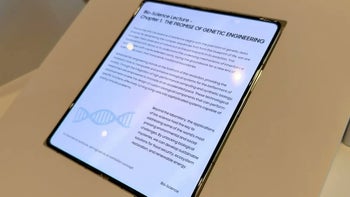
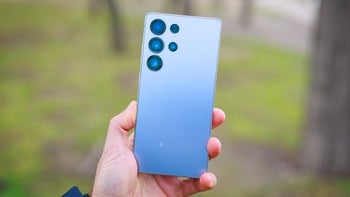

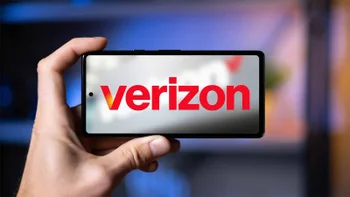

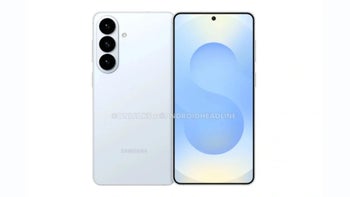

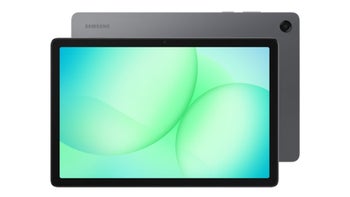

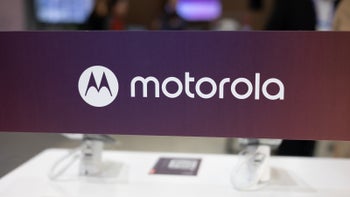
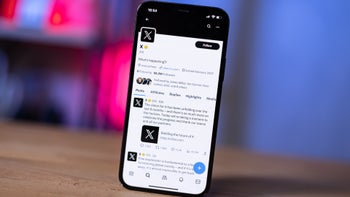
Things that are NOT allowed:
To help keep our community safe and free from spam, we apply temporary limits to newly created accounts: